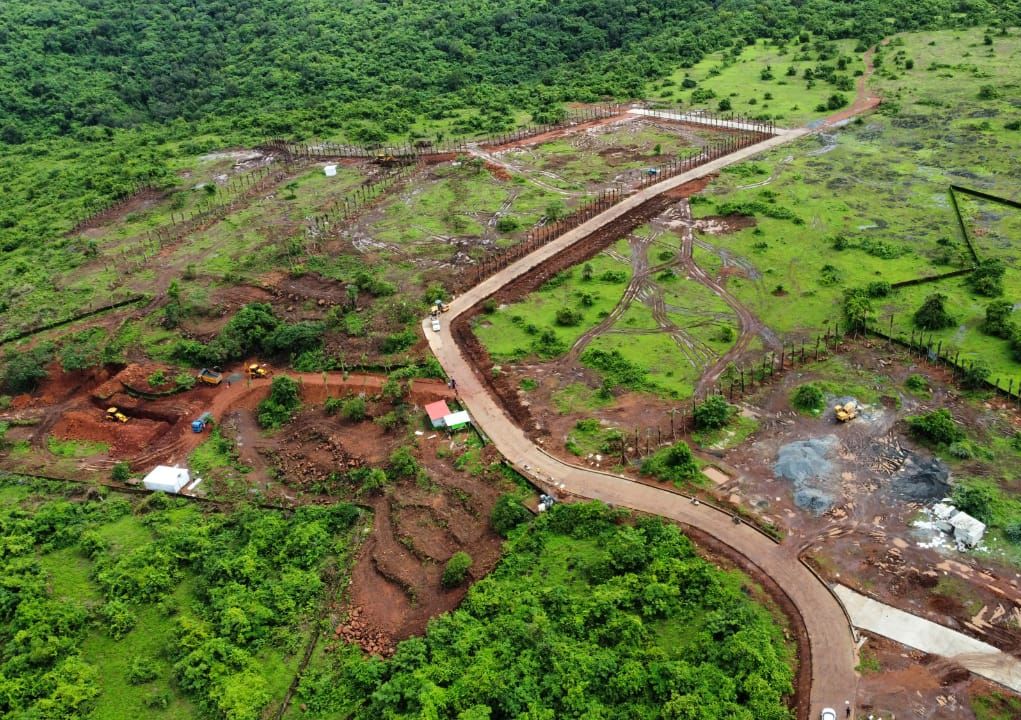From seeing it as an “everyone wants a share” issue, it needs to shift to “someone has to take responsibility”

This is such a common story. It might be playing out in your family. Or, your cousin's or neighbour's. Or even someone else you know. The problem is this: how do you protect what is yours, when you're many countries away, and your legitimate property back in Goa is coming under pressure of all kinds?
It is not-so-well known fact that Goa has about the highest (per capita) out-migration in the world. Many Goan families have been living abroad, or in other parts of India, for many decades now. As their family grows, and more generations enter the out-migration trail, sorting out property issues in Goa gets only more complex.
They can't agree over what to do with their homes back in Goa. So, they often do nothing. Thanks to the egalitarian nature of our colonial Portuguese laws, succession issues can be hard to tackle. Women are not deprived of property rights (unless they opt out, willingly or under some social pressure). Everyone wants a share of their ancestral property. Understandably. But nobody is willing to work to keep the home standing or even to settle ownership.
Today, thanks to the direction in which our political discourse is moving, a new round of uncertainty has clouded those located far from their homes. For the second time after the 1960s, when the laws changed without most even having an inkling. This has left some to fight their home ownership cases till this date.
(Of course, the mundkar and agricultural tenancy laws of the 1960s and 1970s were justified as needed for social justice, to dismantle "feudal" landholding patterns, empower tenant cultivators, and provide housing security to marginalised-caste mundkars or homestead tenants.)
(The laws the promised to redistribute land, improve agricultural productivity, and reduce rural inequality. Some tenants gained land rights and it weakened the power of landowners, including medium and marginal ones. But, in practice, implementation was patchy, caste and communal biases skewed outcomes, and large tracts of land later fell fallow or were diverted for non-agricultural use. This totally undermined the claim of productive redistribution.)
In such a context what is the way out? How does one face the slow decay of ancestral homes due to inaction, indecision, and complex family dynamics? Let's mull over some possibilities, each with its own pros and cons.
(1) Initiate a Formal process of Succession Declaration (through a Civil Court in Goa), followed by partition if necessary. This clarifies ownership, enables sale or rental, and gives people the option to walk away with their share. But it's also a costly, time-consuming process. Plus, it can inflame family disputes, often delayed matters for decades.
(2) Family Trust or LLP (Limited Liability Partnership): Convert the property into a joint trust or LLP among the heirs. This helps the family to retains joint ownership, allows for better management and upkeep, and also allows income through rentals or tourism (if it can be managed properly). On the other hand, this corporate-approach requires high trust within the family, active members, and quite a bit of formal accounting.
(3) Give One Member Power of Attorney (POA): Under this route, the family agrees to give one trusted member (usually someone resident in Goa) the authority to maintain, restore, or manage the house. So, decisions can be made efficiently (for example, on repairs, rentals, documentation). But others may later resent or contest the decisions; the family could even end up with perceived or real imbalance of power.
(4) Shared Use or Rotational Stay: Theoretically, at least, it is possible to set up a rotational calendar where each family branch uses the home at specific times of the year (festivals, vacations, etc.). It keeps the house in use, and is also emotionally fulfilling. If the family is large, this could be complicated. Thus, it needs coordination, fairness and responsibility for the upkeep. Plus taking care of the homes during the battering Goan monsoon.
(5) Rent It Out, Use it for Homestays or Deploy for Cultural Use: Turn the house into a homestay, heritage Airbnb, artist residency, or cultural centre, with profits shared. This has some potential to create income (don't believe the over-optimistic guesstimates). It justifies repairs and protects structure. But such an approach also needs investment, coordination, and a reliable manager.
(6) Let It Go: Sell or Donate. Depending on how far away from home a family is, and how connected they are to this region, this could be an option. Agree to sell or donate (e.g., to an NGO, museum, or for community use), and divide proceeds or let go entirely. This approach promises to end conflict, allow emotional closure, and may preserve the house with dignity. But it is also painful, and often resisted due to sentimental value or fear of community judgment. All family members might not agree.
(7) Mediation or Family Charter: This involves using a neutral mediator (lawyer, community elder, or professional) to help draft a "family charter". Though it's not easy, a voluntary agreement can be arrived at on how to handle the property. It encourages clarity and compromise, and may avoid legal escalations. But it is not legally binding unless registered. Misunderstandings can crop up too.
At the end of the day, there's no perfect solution. Yet, the worst option would be inaction. This could lead to total ruin of a home your ancestors took lifetimes to establish, illegal encroachment, or loss through default.
Can expats (and those who have Goa's long-term interest at heart) change the thinking? From seeing it as an “everyone wants a share” issue, it needs to shift to “someone has to take responsibility.” Above all, keep track of what's happening in Goa itself....